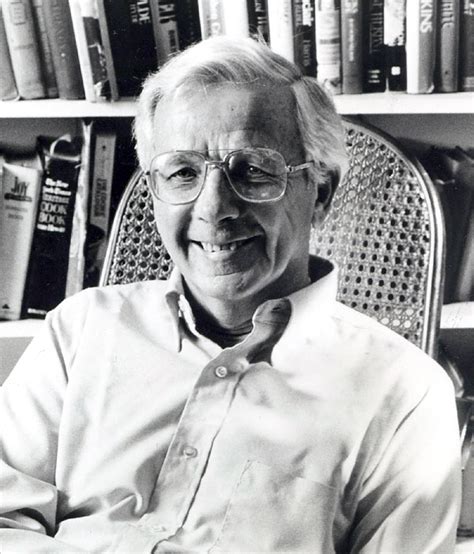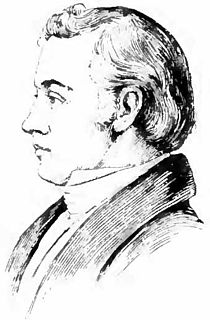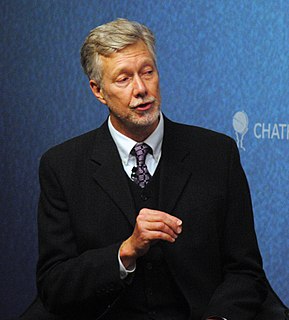A Quote by Lisa Kristine
In 2009, at the Vancouver Peace Summit, I met a supporter of Free the Slaves, an NGO dedicated to eradicating modern-day slavery; weeks later, I flew down to Los Angeles and met with the director of Free the Slaves; thus began my journey into exploring modern-day slavery.
Related Quotes
More than 150 years after Lincoln's Emancipation Proclamation, slavery is illegal almost everywhere. But it is still not abolished - not even here, in the land of the free. On the contrary, there is a cancer of violence, a modern-day slavery growing in America by the day, in the very places where we live and work. It's called human trafficking.
Slavery as an institution that degraded man to a thing has never died out. In some periods of history it has flourished: many civilizations have climbed to power and glory on the backs of slaves. In other times slaves have dwindled in number and economic importance. But never has slavery disappeared.
Abolitionists believe that, as all men are born free, so all who are now held as slaves in this country were born free, and that they are slaves now is the sin, not of those who introduced the race into this country, but of those, and those alone, who now hold them and have held them in slavery from their birth.
I think of the old slavery, and of the way The Economy has now improved upon it. The new slavery has improved upon the old by giving the new slaves the illusion that they are free. The Economy does not take people's freedom by force, which would be against its principles, for it is very humane. It buys their freedom, pays for it, and then persuades its money back again with shoddy goods and the promise of freedom. "Buy a car," it says, "and be free. Buy a boat and be free." Is this not the raw material of bad dreams? Or is it maybe the very nightmare itself?
Ben Skinner's brains and courage take us into the belly of the beast and expose the ugly truth of modern slavery. Instead of sensation, A Crime So Monstrous gives us desperately needed insight and analysis. This is an important book, the first deep look into America's confused relationship with human trafficking and slavery today. Skinner's balanced dissection of our government's haphazard policies will be controversial, but it can also be the foundation for a new anti-slavery agenda, one that ends the political games being played with the lives of slaves.
In supporting argument for segregation, Paul [the apostol] addresses the people in his epistle to the Colossians, and he tells them how to treat their slaves. "Slaves, obey your masters. Masters, be kind to yourslaves." Paul was in favor of a kinder and gentler slavery; it never occurred to him to raise the question about whether slavery itself was immoral.



































